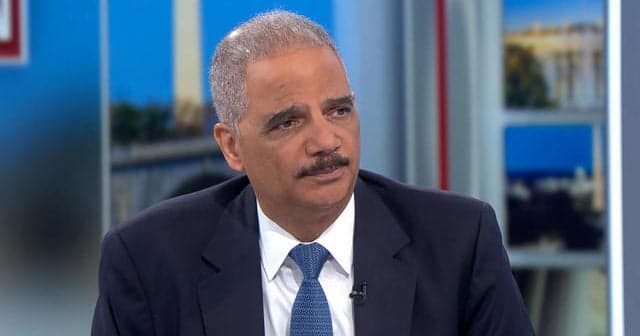U.S. Draft Peace Plan Sparks Pushback at Geneva Diplomacy
Top officials from the United States, Ukraine and leading European countries are meeting in Geneva to review a contentious 28 point U.S. draft aimed at ending the war in Ukraine, a process that could reshape security and civilian life across the region. The outcome matters because proposals that limit Ukraine's military capabilities and sovereignty have immediate implications for civilian safety, humanitarian access and long term recovery.

Top officials from the United States, Ukraine and major European countries convene in Geneva on Nov. 23 to examine a 28 point draft plan floated by Washington aimed at ending Russia's invasion of Ukraine. U.S. envoys and European national security advisers are attending the talks alongside Ukrainian officials, while participants from France, Britain, Germany and Italy are treating the U.S. document as a basis for discussion but are raising serious reservations.
According to reporting, the draft includes proposals that would require Ukraine to accept limits on its military, renounce aspirations to join NATO and cede territory as part of a cessation of hostilities. European participants have flagged concerns that the plan as written could undermine Ukrainian sovereignty and weaken its defense capabilities. A separate European counterproposal has been prepared and sent to Kyiv and Washington for consideration. No final agreement is expected without presidential level approval from Kyiv and Moscow.
The Geneva meeting underscores the diplomatic reality that any negotiated pause or settlement will be as consequential for civilians as it is for armed forces. Proposals to constrain Ukraine's military posture could change the balance of deterrence and security, with direct repercussions for communities near the front lines and for internally displaced populations who have endured years of disrupted care. Health systems in conflict affected areas remain fragile, with hospitals, clinics and supply chains stressed by intermittent access, workforce losses and infrastructure damage.
Public health specialists warn that cessation terms that do not prioritize humanitarian corridors, demining and restoration of medical services risk prolonging secondary health crises. Displacement, crowded shelters and interrupted vaccination campaigns raise the potential for infectious disease outbreaks. Chronic disease management, maternal health and mental health needs are already acute among millions of Ukrainians forced to relocate or live under sporadic access to care. Effective ceasefire arrangements must therefore include clear guarantees for humanitarian access, rebuilding of primary care services and resources for long term recovery.
The political contours of any agreement will also affect the equitable distribution of reconstruction funds and the ability of communities to return home. Decisions about territory, security arrangements and Ukraine's international alignments will shape which regions receive investment, who controls local governance, and how reparations and rebuilding are administered. That in turn will determine whether recovery narrows or widens existing social inequalities, including disparities in access to health care, housing and economic opportunity.
European officials in Geneva appear to be attempting to broker an approach that preserves Ukrainian sovereignty while addressing security concerns that many capitals view as essential. Even if negotiators produce a text acceptable to ministers, a binding resolution will require the assent of presidents in Kyiv and Moscow, a step that remains politically fraught.
For health providers, humanitarian agencies and affected communities the stakes are immediate. Contingency planning for sustained humanitarian relief, coordinated public health responses and equitable recovery measures will be critical whether talks in Geneva narrow pathways to peace or expose deeper rifts among international partners.


